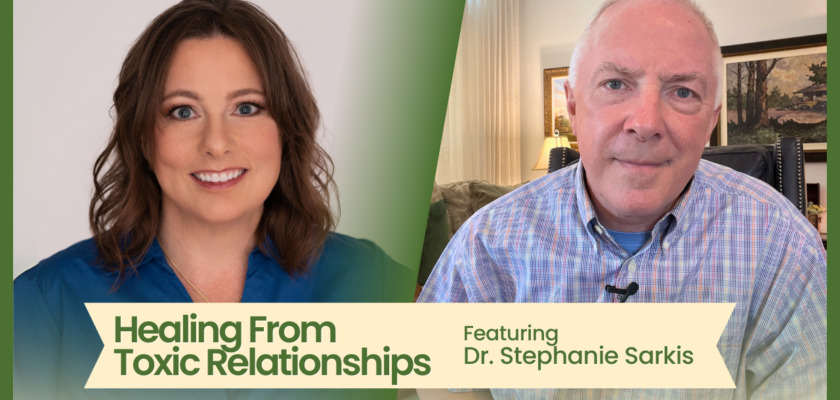How to protect yourself when someone ignores your boundaries
There are generally two types of narcissists — overt and covert. Overt narcissists are the types you hear about more frequently because they tend to be louder (verbally and behaviorally) about their need for special attention and treatment.
Covert narcissists tend to play a “victim” role and usually say that others don’t understand them or that they’ve tried to get along with others, but others just haven’t given them a chance. Covert narcissists may also hide behind their belief system, job, or other family members to continue damaging others. It can be challenging to detect a covert narcissist. Their “aw, shucks” demeanor has fooled many people. But there is a cauldron of rage underneath. A covert narcissist’s motto could be, “The world owes me, and I’m going to hold you responsible.”
When you confront a covert narcissist in your family, they may tell you they did nothing wrong, and if you were “good” or “nicer,” you wouldn’t be so “difficult” towards them. They may tell you that you’re too sensitive and that “you’ve always been that way.” They may say something vile to you while having a smile on their face.
The tricky thing about covert narcissists is that the behavior may not be noticeable until someone attempts to enforce a boundary. The covert narcissist may react with narcissistic rage. It can be incredibly frustrating to have family members that don’t see (or don’t want to see) a covert narcissist’s harmful behavior.
You may have shared your concerns regarding the covert narcissist with a friend or your family, only to hear, “I don’t know, I’ve never seen them act that way.” It may be because that person has never had to establish boundaries or enforce them with the covert narcissist. People can have different experiences with a person. Your feelings and concerns about the covert narcissist and their behavior are still valid.
While the best option is to go no-contact with a narcissist, what can you do when that isn’t an option? You may have healthy family members you would like to see, but unfortunately, the covert narcissist will be part of the mix.
Covert narcissists tend to play a “victim” role and usually say that others don’t understand them or that they’ve tried to get along with others, but others just haven’t given them a chance. Covert narcissists may also hide behind their belief system, job, or other family members to continue damaging others. It can be challenging to detect a covert narcissist. Their “aw, shucks” demeanor has fooled many people. But there is a cauldron of rage underneath. A covert narcissist’s motto could be, “The world owes me, and I’m going to hold you responsible.”
When you confront a covert narcissist in your family, they may tell you they did nothing wrong, and if you were “good” or “nicer,” you wouldn’t be so “difficult” towards them. They may tell you that you’re too sensitive and that “you’ve always been that way.” They may say something vile to you while having a smile on their face.
The tricky thing about covert narcissists is that the behavior may not be noticeable until someone attempts to enforce a boundary. The covert narcissist may react with narcissistic rage. It can be incredibly frustrating to have family members that don’t see (or don’t want to see) a covert narcissist’s harmful behavior.
You may have shared your concerns regarding the covert narcissist with a friend or your family, only to hear, “I don’t know, I’ve never seen them act that way.” It may be because that person has never had to establish boundaries or enforce them with the covert narcissist. People can have different experiences with a person. Your feelings and concerns about the covert narcissist and their behavior are still valid.
While the best option is to go no-contact with a narcissist, what can you do when that isn’t an option? You may have healthy family members you would like to see, but unfortunately, the covert narcissist will be part of the mix.






